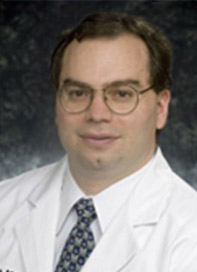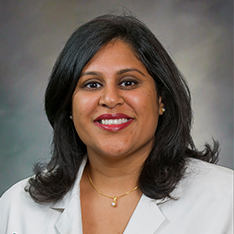Skin cancer is a disease that starts in the skin when your cells start growing out of control. When you notice a change in the appearance or feel of your skin, that could be an early sign of skin cancer. More people are affected by skin cancer each year than all other cancers combined.
At University Health, our skin cancer doctors can diagnose, treat and help you recover from skin cancer. Our skin cancer doctors are fellowship trained.
Types of Skin Cancer We Treat
Getting a skin cancer diagnosis can be scary, but you can rely on our team of doctors to detect skin cancers early if you don’t delay your visit for too long. Any suspicious skin growth should be examined as soon as possible.
We are prepared to treat a variety of skin cancers, the most common ones being:
- Basal cell carcinoma (BCC) is the most common type of skin cancer. It generally starts in parts of the skin that are exposed to the sun, like the face, head, neck, arms and hands. It is usually 100% curable.
- Squamous cell carcinoma (SCC) is the second-most common type of skin cancer. It generally starts in parts of the skin that are exposed to the sun, like the face, head, neck, arms and hands. It is usually curable when detected early.
- Melanoma may start in a birthmark, mole or other location. Sun burns are a risk factor but so are genetics, light skin, blond or red hair and having many moles. Early detection saves lives.
Signs of Skin Cancer
Finding skin cancer in its early stages is critical to improving your chances of a full cure. The sooner you tell your doctor about a change in your skin, the sooner we can diagnose and treat your skin.
If you notice any of these changes in your skin, call your doctor immediately:
- Changes in the surface of a mole, like scaliness, bleeding and oozing
- Growths or lumps
- New spots and discolorations
- Open sores
- Raised, itchy red patches
- Small, shiny pink or red bumps that might have blue, brown or black areas
Skin Cancer Treatment Options
We want you to always feel in charge of your care, so we provide you with multiple options for treating skin cancer, including:
- Chemotherapy – topical and oral
- Mohs surgery
- Surgery
Because we partner with UT Health San Antonio, we apply the newest information to treating all types of cancers.


